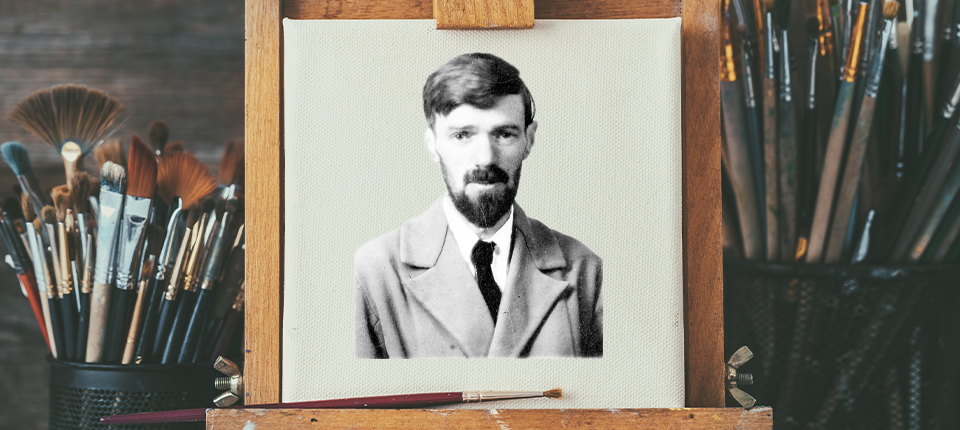The Best of the Literary Internet, Every Day

TODAY: In 1929, Scotland Yard seizes 13 paintings of male and female nudes by D. H. Lawrence from a London gallery on grounds of indecency.
- Clear room on your bookshelves! Here are the 249 books we’re anticipating coming out in the second half of 2025. | Lit Hub Reading Lists
- The agonies and ecstasies of a “slow” book project: Stephanie Elizond Griest on life as an art monk. | Lit Hub Craft
- “This is technically and actually a nonstandard use of English, and one that I hardly imagine will take off—but it is unique to me, my family, and my identity, just like my use of ‘like’ and other filler words are.” Megan C. Reynolds on the linguistic quirks that contribute to the diversity of the English language. | Lit Hub Memoir
- Laurie Sheck on resignation syndrome and the dehumanizing impact of deportation on children. | Lit Hub Politics
- The Supreme Court ruled on Friday that parents can opt children out of classes that assign books with LGBTQ characters. | NPR
- “Andrew Steeves operates at the highest existential stakes: book making as proof for what matters while we’re alive.” On the last run of Canada’s “most stubborn publisher,” Gaspereau Press. | The Walrus
- Lauren Groff makes the case for Mansfield Park as Austen’s “boldest, riskiest, most subversive and most artistically mature work of all.” | The New York Times
- New fiction by Zadie Smith, Ottessa Moshfegh, and Jhumpa Lahiri, inspired by fiction from The New Yorker’s hundred-year archive. | The New Yorker
- “Disruptive and restorative, interpolation is the paradoxical form of life, literature, and time itself.” Hannah Weaver considers Proust and interpolation. | Public Books
- “I can’t help but think that he was the best president we never had.” John Nichols remembers Bill Moyers. | The Nation
- Keith Houston considers the language of Emoji. | Longreads
- “We are the villains in their stories, the fabric of their nightmares.” Mohammed El-Kurd offers a guide to fielding even the most ridiculous anti-Palestinian smears. | The Nation
- Nitish Pahwa looks into the court cases that will decide whether AI companies can train their bots on copyrighted material. | Slate
- Maria Popova considers H.D.’s concepts of vision and consciousness: “But nothing feeds the over-mind more, nothing reveals it and anneals it more, than love.” | The Marginalian
- Spencer J. Weinreich delights in “the generous sense of the preposterous” alive in Helen Traubel’s The Metropolitan Opera Murders. | Public Books
- “A series of haphazard walking errands led to me wandering downtown, lugging a tub of CBD gummies, a multipack of ultra-absorbent tampons and a 10 lb biography of Sylvia Plath.” Patricia Lockwood on Plath’s Collected Prose. | London Review of Books
Also on Lit Hub:
Seven new poetry collections publishing in July • The best speculative summer reads coming this month • Suzane Jill Levine remembers the great Manuel Puig • Ten new children’s books • Unionizing against big five publishing’s unlivable wages • Y2K and the digital apocalypse that wasn’t • Jane Ciabattari talks to Meg Waite Clayton • On teaching English in Paris while revising a novel • The possibilities of politically engaged speculative fiction • The special euphoria of debuting as a novelist in your 50s • How Houston, Texas’s Third Ward became a hub of Black art and culture • Have you considered an anarchist’s approach to plot? • Activists recommend essential texts on revolution • The best reviewed books of the week • Dan Leach recommends rule-shattering anti-novels • How (and why) to craft your novel’s soundscape • 5 book reviews you need to read this week
